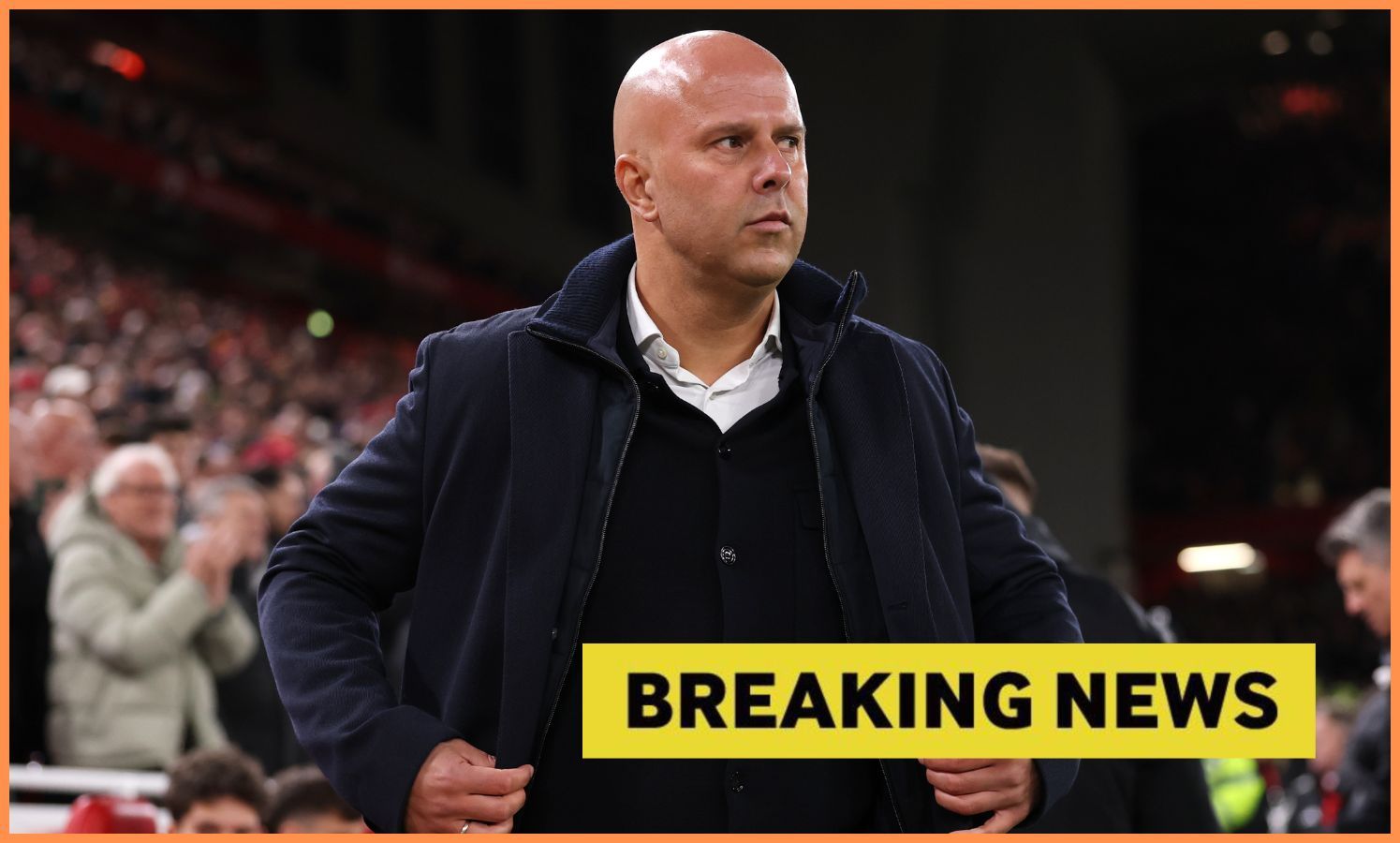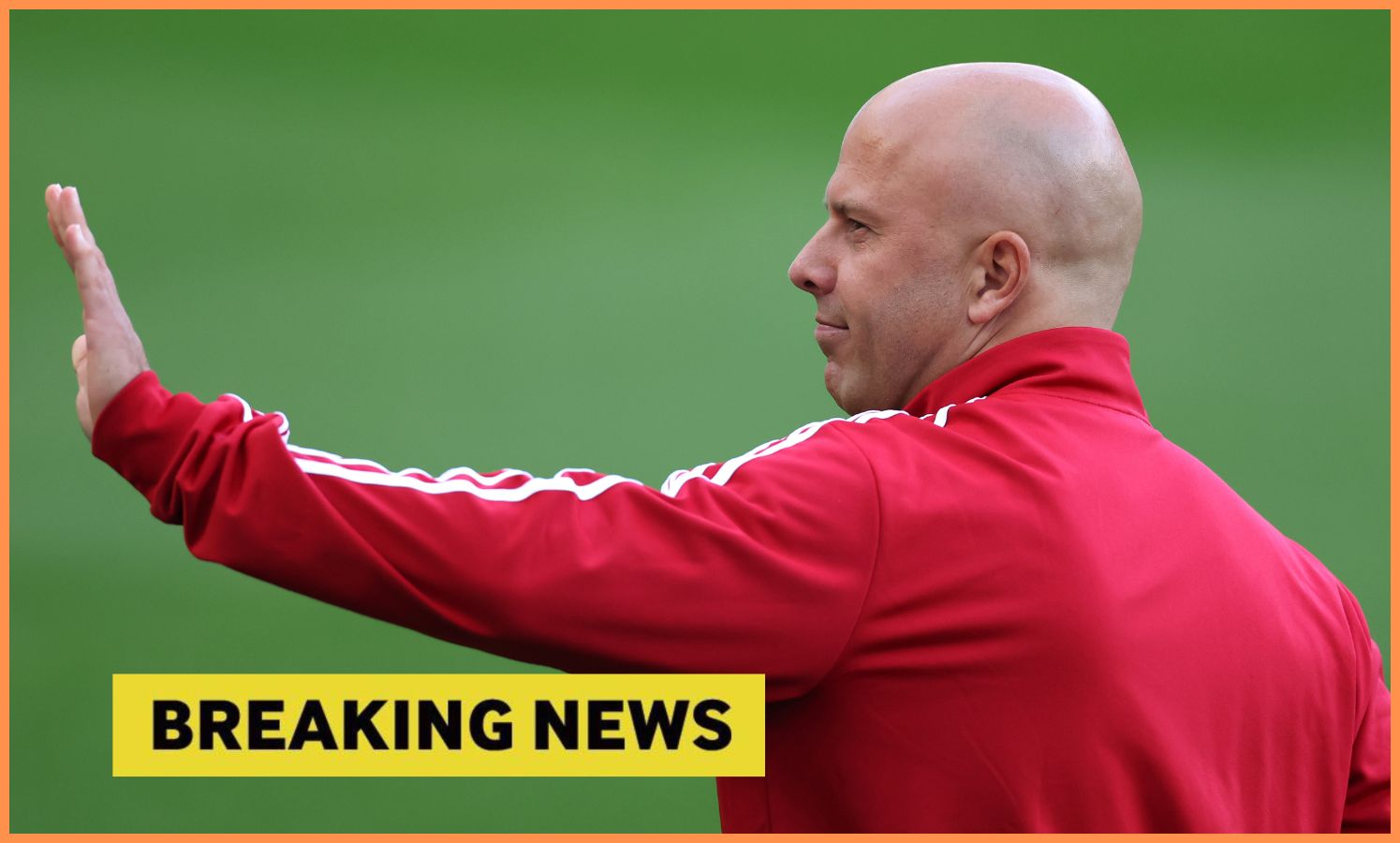The eruption of joy at Hampden Park was almost immediate. Scotland had done it – qualified for the World Cup for the first time in decades. Players and fans alike were lost in a wave of euphoria, a collective release of years of longing and near misses.
But for John McGinn, the celebration was momentarily delayed. He was singled out for a routine, yet unwelcome, post-match procedure: doping control. The rules are strict – players are randomly selected or specifically targeted by UEFA, and must provide a sample before rejoining their teammates.
The protocol meant a chaperone and a waiting room, a stark contrast to the wild scenes unfolding in the Scotland dressing room. McGinn wryly documented his situation with a selfie, captioning it with a frustrated acknowledgement of the timing: “Drug test not allowed in changing room can’t write it.”

Despite the interruption, McGinn’s post-match reflections were filled with a raw, honest emotion. He playfully dismissed their performance as “pretty rubbish,” but immediately followed it with a defiant, “who cares?” The magnitude of the achievement dwarfed any concerns about the game itself.
He spoke of the incredible team spirit fostered by the manager, describing the pre-match talk as “exceptional.” It was a group of players, he emphasized, driven by a simple desire to represent their nation with pride and humility.
The 91st minute had been a moment of agonizing doubt, a familiar fear of another heartbreaking defeat looming large. Then came the unforgettable strike from Kieran Tierney, a goal that unleashed a feeling McGinn confessed he would likely never experience again in a football stadium.

Now, Scotland awaits the World Cup draw on December 5th, positioned in Pot 3. The journey continues, fueled by the memory of that euphoric night and the promise of a global stage. The weight of history has lifted, replaced by a thrilling anticipation for what lies ahead.







